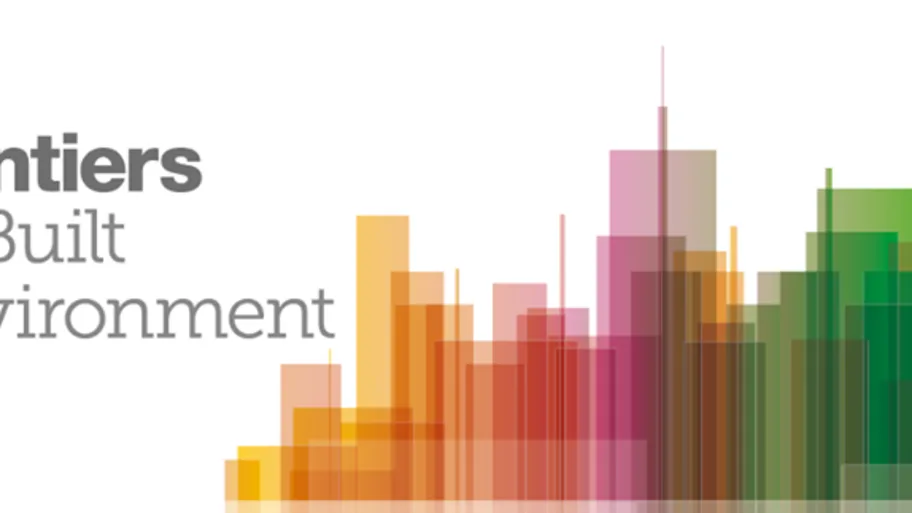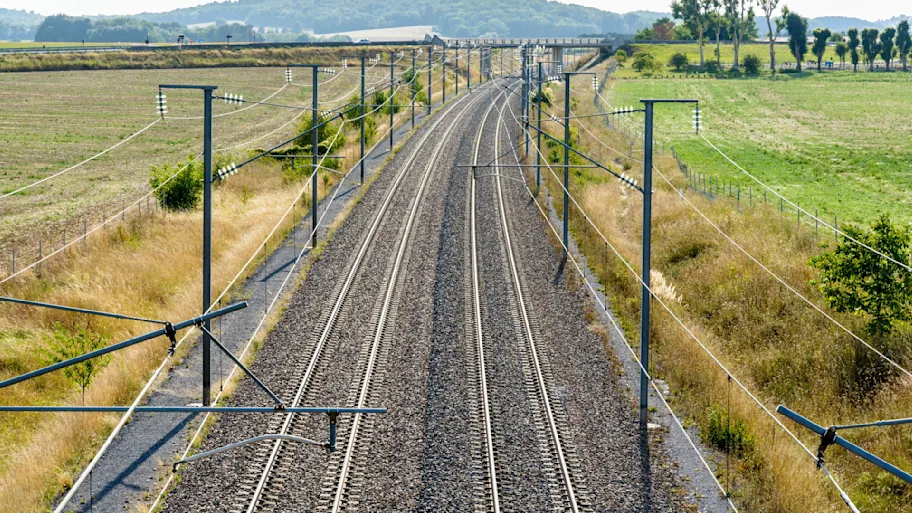
- Science News
- Engineering
- Frontiers in Built Environment welcomes Prof Takewaki as Field Chief Editor
Frontiers in Built Environment welcomes Prof Takewaki as Field Chief Editor

Frontiers in Built Environment is very pleased to announce Prof. Izuru Takewaki as the journal’s new Field Chief Editor. Based at Kyoto University, and currently leading the Earthquake Engineering specialty section of the journal, Prof. Takewaki also recently served as Vice President of the Architectural Institute of Japan.
Demonstrating an holistic understanding of how the various sections of Frontiers in Built Environment interact with each other, Prof. Takewaki writes in the journal’s Mission Statement:
“The modern society and cities are mostly vulnerable to extreme natural disasters caused by earthquakes, strong winds and other unexpected disturbances, and are also faced with global climate change issues. In order to overcome such unavoidable issues, smart methodologies for designing, protecting and upgrading built environments including infrastructures and buildings are strongly desired recently (…)”
Read more here. Launched on 18 February 2015, Frontiers in Built Environment currently has 9 specialty sections and one Research Topic open for submission. :
Heating, Ventilation and Air-Conditioning
Sustainable Design and Construction
Several other specialty sections are due to be launched in the coming months, so do keep an eye out! Already confirmed are: Transportation and Transit Systems (Specialty Chief Editors: Dr Sakdirat Kaewunruen, Dr Akiro Matsumoto, Prof. Joseph M. Sussman) and Urban Science (Specialty Chief Editor: Prof. Marina Alberti).
Part of the “Frontiers in” journal series, Frontiers in Built Environment offers:
Interactive and collaborative review to ensure quality, rigor, and fairness
World-class editorial boards for all specialty sections.
Open Access for maximum visibility and discoverability.
Advanced article-level analytics and demographics to track reach and impact, including social media buzz.
Fast publication, with an average of 84 days from submission to publication.
Editors and reviewers disclosed on all published articles for maximum transparency.
The “Frontiers in” journal series, supported by over 230,000 leading researchers worldwide, has already published 37,000 peer-reviewed articles across over 50 journals. We are currently considering applications to join the editorial board of Frontiers in Built Environment. To apply for an editorial role, or find out more information about Frontiers, please contact: builtenvironment.editorial.office@frontiersin.org.






